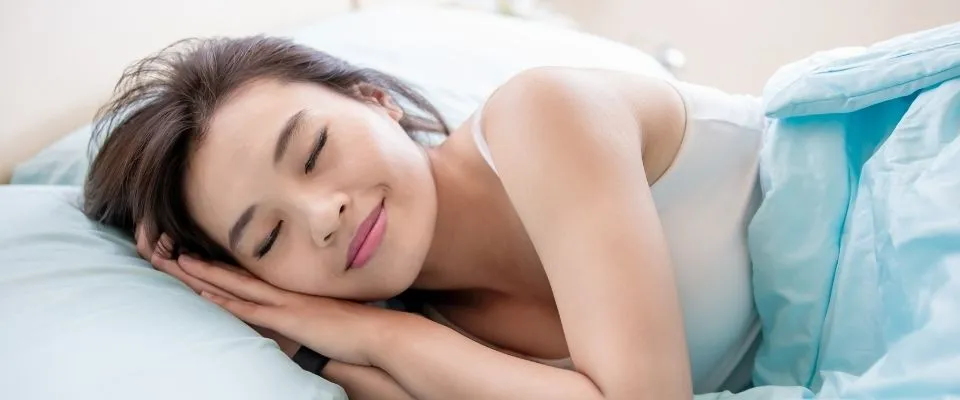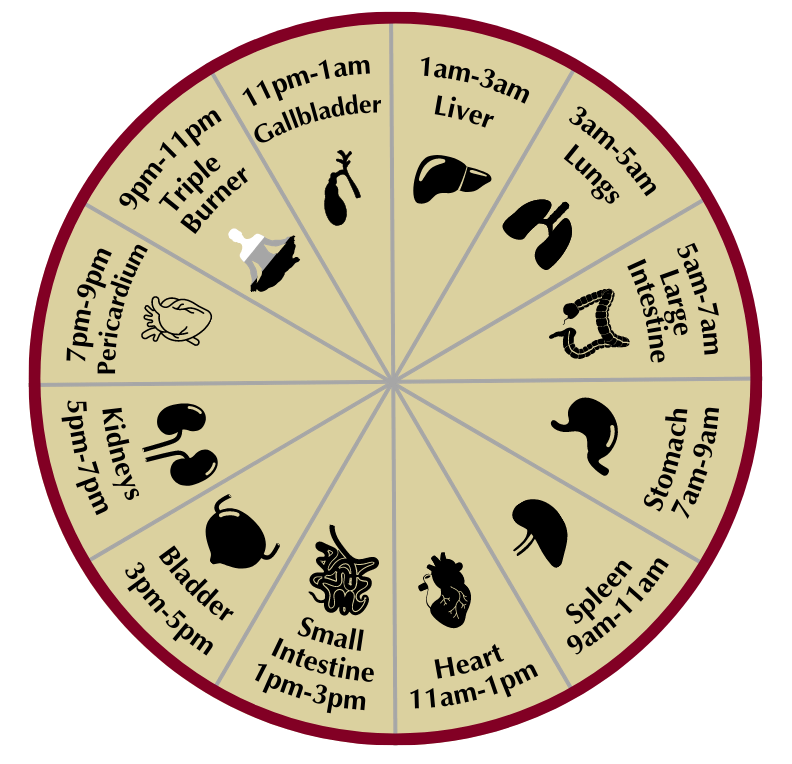According to Jeffrey Ong, a physician with Eu Yan Sang, a well-known name in Asia when it comes to TCM products and services, fatigue can arise from a weak body constitution, overworking one’s body, and an unbalanced diet. A weak body constitution can arise from inborn factors or illness. Lifestyle and work are also major factors as too much can lead to physical and mental exhaustion. An unbalanced diet can harm our digestive tracts. All these can lead to deficiency of yin, yang, qi, and blood in various organs, causing us to be unwell and experience fatigue.
Causes Of Fatigue
weak body constitution
overwork
unbalanced diet
These three factors can lead to deficiency of yin, yang, qi, and blood in various organs
TCM Principles
Some principles of TCM are in tune with conventional medical practices. “When it comes to dealing with fatigue, one of the most important factors is sufficient rest,” says Physician Ong. “Sleep is known to be the best natural remedy, revitalising one’s energy and boosting the immune system. Engaging in some mild aerobic exercises and leisure activities can help to relax one’s body and mind as well. Also, keep to a balanced diet and avoid cold drinks, fried and oily food.”
In TCM theory, there are five major internal organs. “When one suffers from fatigue,” says Physician Ong, “any one of the five may be affected.” In general, however, “fatigue is associated with a weakness in the spleen and kidney.” He goes on to explain that, in TCM, the spleen is largely responsible for nutrition and metabolism while the kidney is in charge of innate essence and growth. “Fatigue is often correlated to these two organs,” he advises. TCM can strengthen these weakened organs via herbal remedies or acupuncture.
Before the fatigue strikes, Physician Ong lets on that there should be some warning signs. Which signs you get depends on your particular body constitution. And your particular body constitution needs to be carefully assessed before a course of treatment can be prescribed, including herbal remedy, acupuncture, tui na, and cupping,” says Physician Ong. Combinations of treatments are sometimes used to increase effectiveness.
If you have anaemia, diabetes, or other diseases, the course of treatment “will be based on the overall diagnosis of the patient’s entire body condition, not specific to certain diseases.” Still, Physician Ong advises patients to notify all their physicians of everything that they are currently taking to prevent herb-drug interaction.
If you are already on a conventional course of treatment for fatigue, Physician Ong assures, “There are many patients who are taking Western medications and using TCM at the same time to complement the treatments.”
Herb Remedies
Here are some TCM herbs that can help to fight fatigue:
American Ginseng: good for people who work long hours and lack rest
Lingzhi: enhances immunity by boosting the function of white blood cells
Chinese Wolfberry: full of beta-carotene, an antioxidant, this herb is effective against tired eyes
Wild Chinese Yam: for people experiencing low energy coupled with digestive problems
Supplements
Besides taking TCM herb, a boost in certain vitamins and minerals could increase energy levels:
Vitamin B12: helps increase energy levels and lift concentration and mood[1]
Vitamin B9 (Folic Acid, Folate): insufficient amount of this vitamin could lead to confusion, depression, lethargy, and slow reaction time[2]
Vitamin D: a lack of this vitamin, which aids metabolism, could lead to low energy, poor-quality sleep, and mood swings[3]
Magnesium: vital for adrenal glands, the poor functioning of which can lead to fatigue[4]
Stimulating Acupoints
So you’ve heard of acupuncture. But you don’t always need an expert to insert needles at the appropriate points. There are certain easy-to-reach acupoints that you can massage about 20–30 times a day to keep yourself stimulated and energised:
He Gu: located on the dorsum of the hand, between the first and second metacarpal bones, in the middle of the second metacarpal bone on the radial side, it boosts qi and strengthens the immune system
Bai Hui: located at the intersection of the line connecting the apexes of the two auricles and the median line of the head, it helps improve mental functions, calms nerves, and promotes flow of qi
Case Studies
Physician Ong relates two cases in which he helped tired-out patients using a mix of treatments from the TCM medicine chest.
One was a student burning the midnight oil for a big exam who snacked to stay awake. She soon lost her appetite, turned pale, and her stools became loose. “I diagnosed her condition as a deficiency in spleen qi, and prescribed herbal medication to tonify her spleen and boost the qi of her body,” he reveals. After a week, her condition improved. “She felt much more energised during the day and could perform better in school.”
Another case involved a young working mum. She often felt stressed and frustrated, and had insomnia, dry throat, heart palpitations, and night sweats, which led to all-day lethargy. The lack of energy affected her work; she also had terrible mood swings at work and at home. “I diagnosed her condition as a deficiency in heart yin, manifested in signs of heatiness and restlessness,” says Physician Ong. “I prescribed herbal medication to nourish the yin and clear excess heat in her body; I also performed acupuncture on her to calm her nerves.” After a few more visits, her condition gradually improved and she was able to concentrate better at work.
Now that you know how TCM approaches the treatment of fatigue, you should find out what diseases could be putting you through the wringer.
References:
[1] http://www.cheatsheet.com/health-fitness/5-natural-supplements-that-can-help-fight-chronic-fatigue.html/?a=viewall
[2] http://www.myprotein.com/thezone/nutrition/always-tired-best-supplements-beat-extreme-fatigue/
[3] http://www.cheatsheet.com/health-fitness/5-natural-supplements-that-can-help-fight-chronic-fatigue.html/?a=viewall
[4] http://www.cheatsheet.com/health-fitness/5-natural-supplements-that-can-help-fight-chronic-fatigue.html/?a=viewall





.webp)